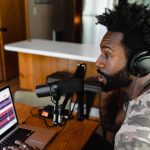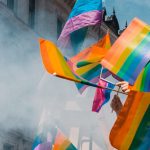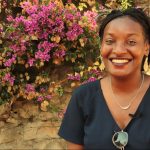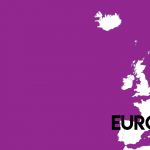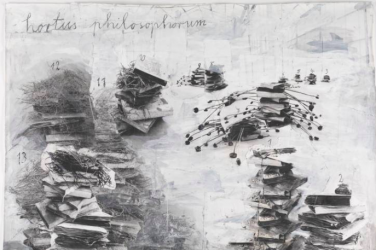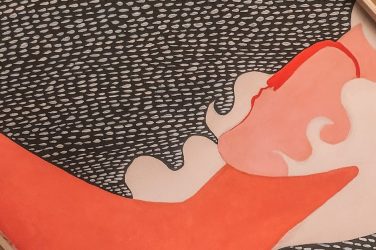If one follows the news, one could get the sense that the world is getting perpetually bleaker. Sarah Gerwens explains why we shouldn’t feel helpless – we should act.
The world is on fire and we are all going to die. The economy is broken. Populism is popular again. Facebook fabricates our opinions. And no-one is saving the bees.
Now that we’ve got that out of the way, keep calm and keep on reading. Millennials are the most anxious, the most stressed, and the most perfectionist generation yet. Fear seemingly has become our trademark and it’s not only unripe avocados and out-of-stock prosecco that is keeping us up at night: we worry about the economy, politics, and our future. And we might be onto something. Even in the EU, more than half of the people think that we will have it worse than previous generations.
Our elections are hacked, the poles melting, and inequality is ever-rising. We live in Beck and Giddens’ risk society, where nothing, no-one, nowhere is safe; where we need walls and warriors to protect us, where all our strikes are pre-emptive and war imminent. Sex might sell, but fear sells even better: pundits and publishers alike warn us that we are doomed – only to promise to save us. “I have a dream” has become “we have a nightmare”. And the only way to wake up, they tell us, is to do as they say, to deport, defend, distrust (dehumanise).
We might be anxious, but we are not powerless. We might be afraid, but we can still fight.
But the more afraid we are, the more powerless we feel. If we believe that our vote doesn’t matter, we will stop casting it. If we believe that all politicians are corrupted and colluding, we will stop paying attention to the things they do, we will forget that politics happen in parliament and not on Twitter. If we believe that no news can be trusted, truth becomes personalised until it loses all meaning. If we believe we live in a scary word with nowhere to go, we will forever stay where we are, we will be stuck in the spaces that seem safe for us – leaving the rest of the world as unsafe as before. If we believe that we are doomed anyways, we will be indeed.

The fear response has three parts: fight, flight, and freeze. We flee if we can, fight if we think we might win, and freeze if we believe to be unable to do either. We cannot chose not to be afraid and many of us have reasons to be. But we can choose to stay instead of fleeing. Choose to remain not where it is safe, but where we are needed. We can choose to fight: not to raise our fists, but our protest signs, raise our voices and tell our truths.
For some, existence is the most dangerous act of resistance, survival itself is political. Some don’t get a choice but to be brave. But many of us can often opt to freeze or flee without having to fight. Our freeze response is a privilege, our fear selective and far away. We can choose not to read the news – ever again (which turns out to be much easier to do when you’re a white upper class American man), we joke about moving to Canada after Trump or applying for an EU passport after Brexit. This does not make the word less dangerous or us more safe. It just makes the world easier – for us. If we keep freezing and fleeing even though we could have fought, our fear becomes a self-fulfilling prophecy.
We might be anxious, but we are not powerless. We might be afraid, but we can still fight. So let’s be bold before we get old, let’s march, let’s vote, let’s create safe spaces that are welcoming to all of us, not only those already in them. Because the world is on fire and we are all going to die – grab the damn hose and start putting out the flames.
Cover Photo Credit: Heather Mount



